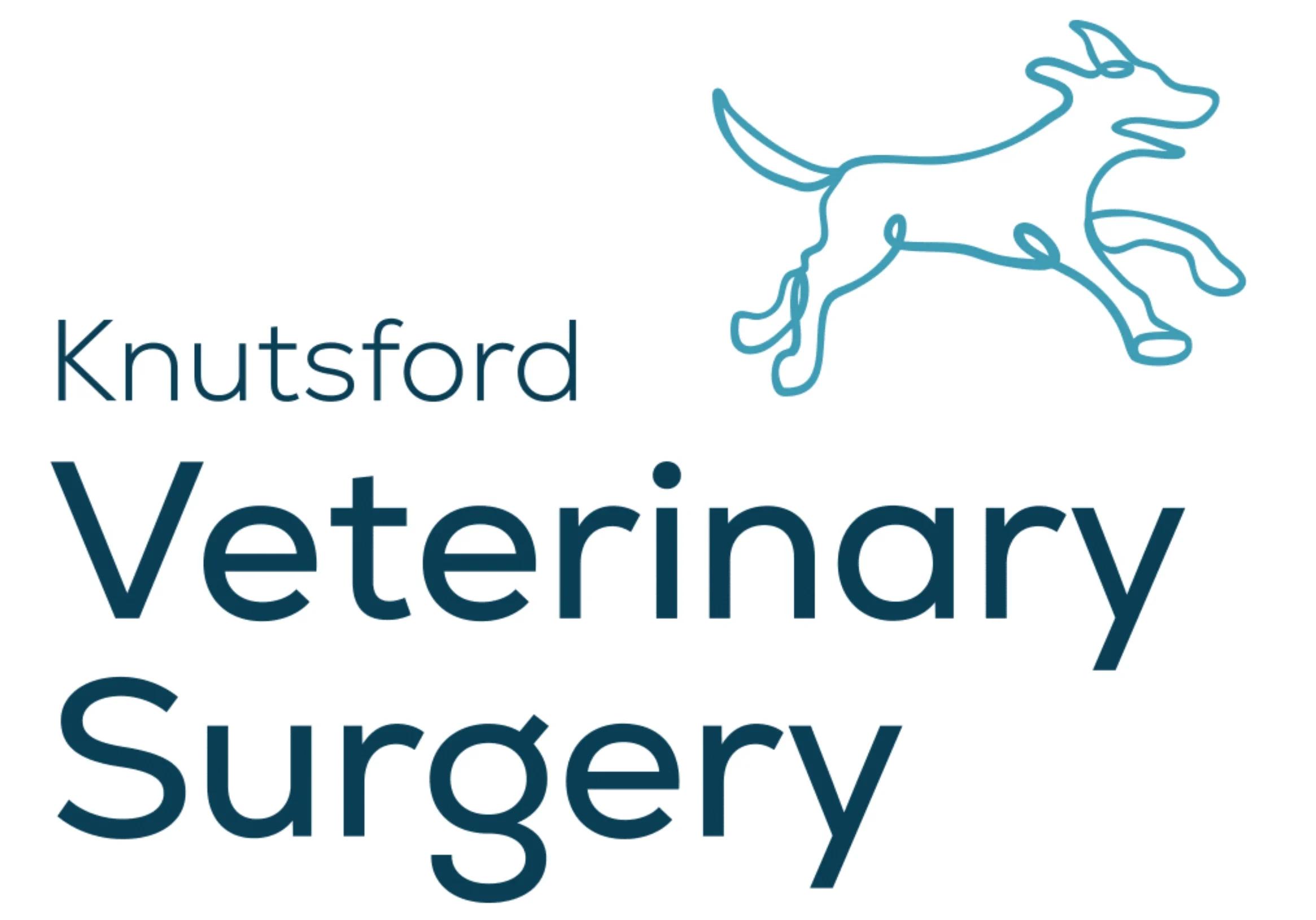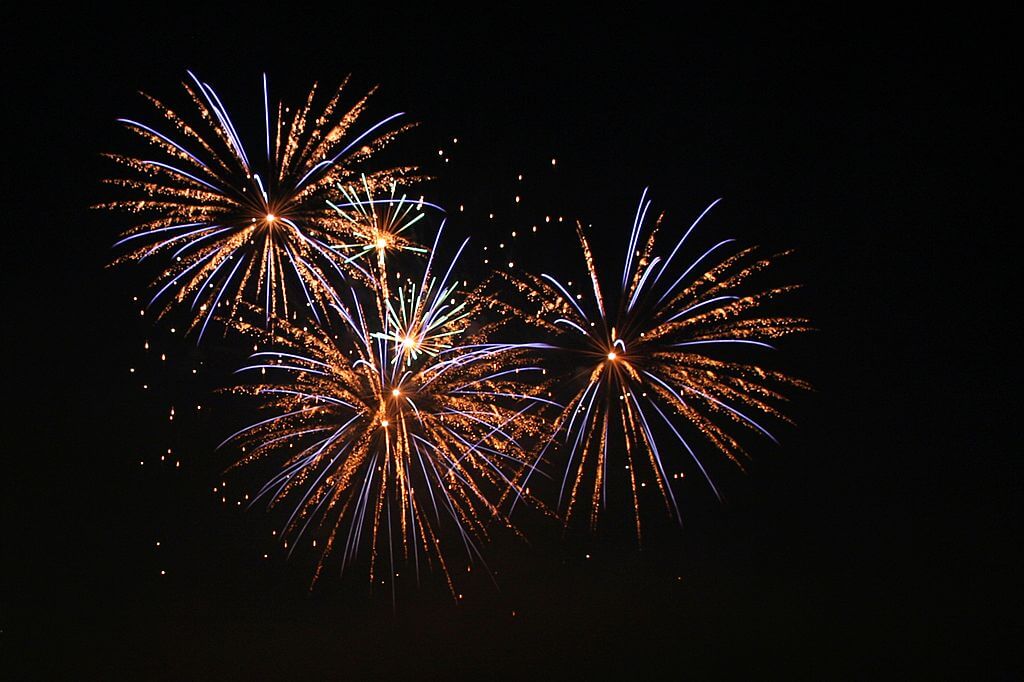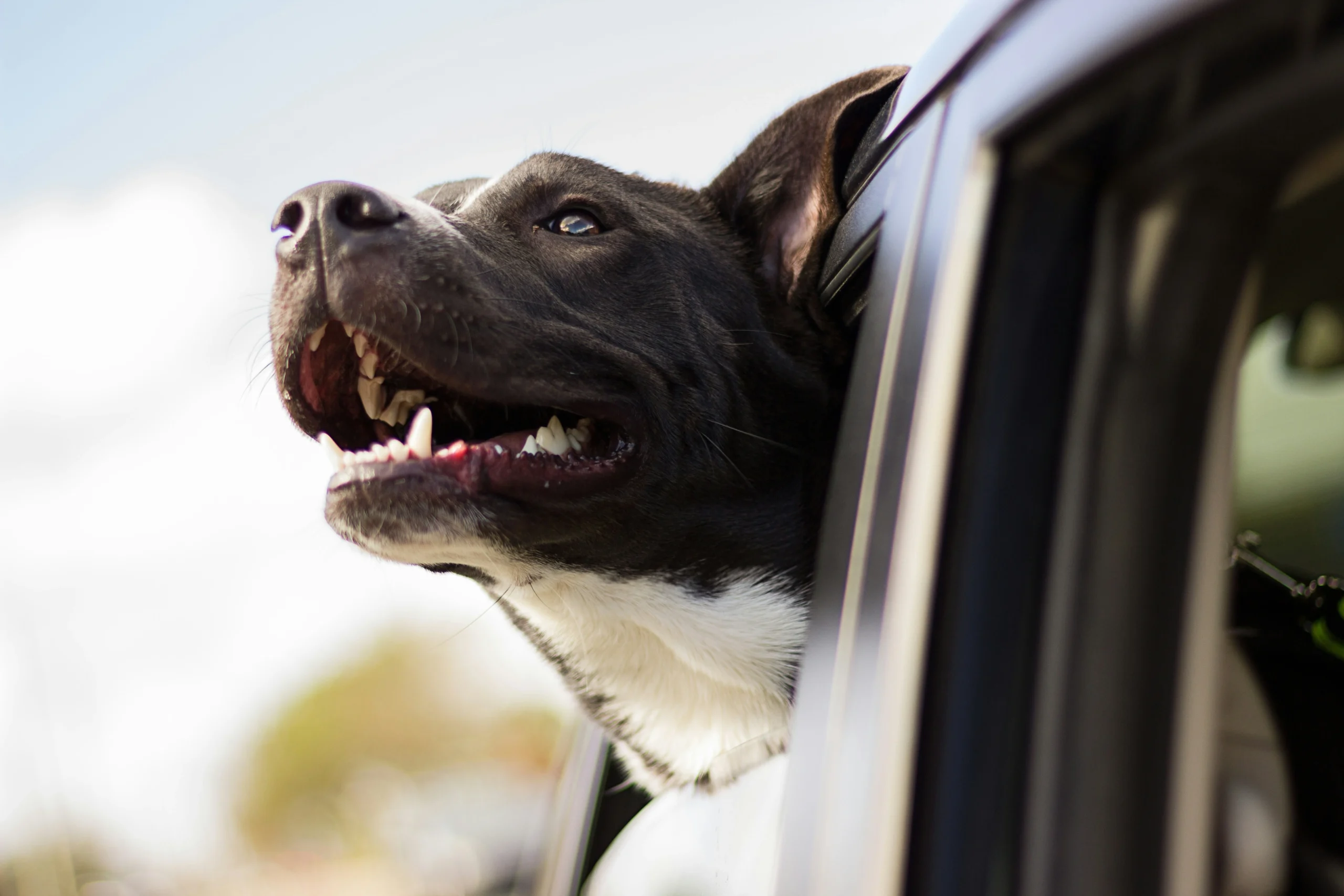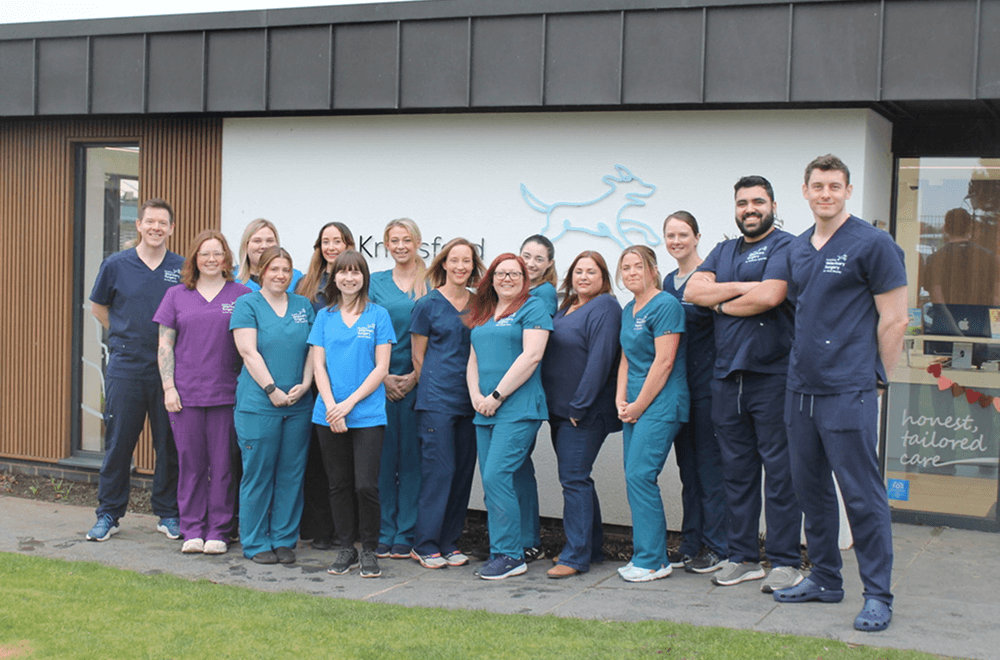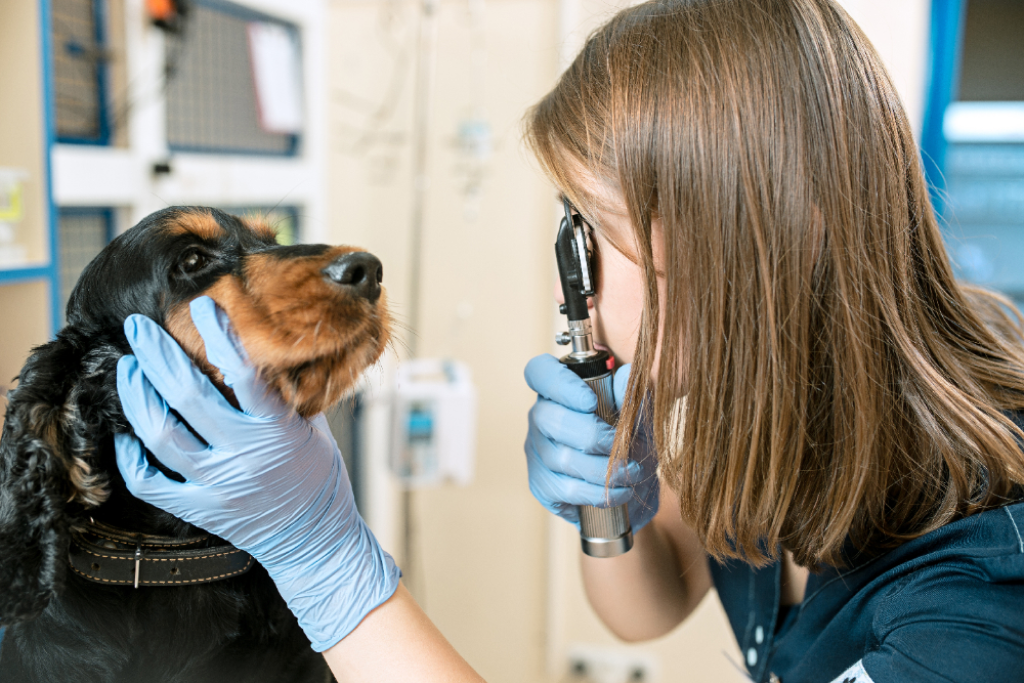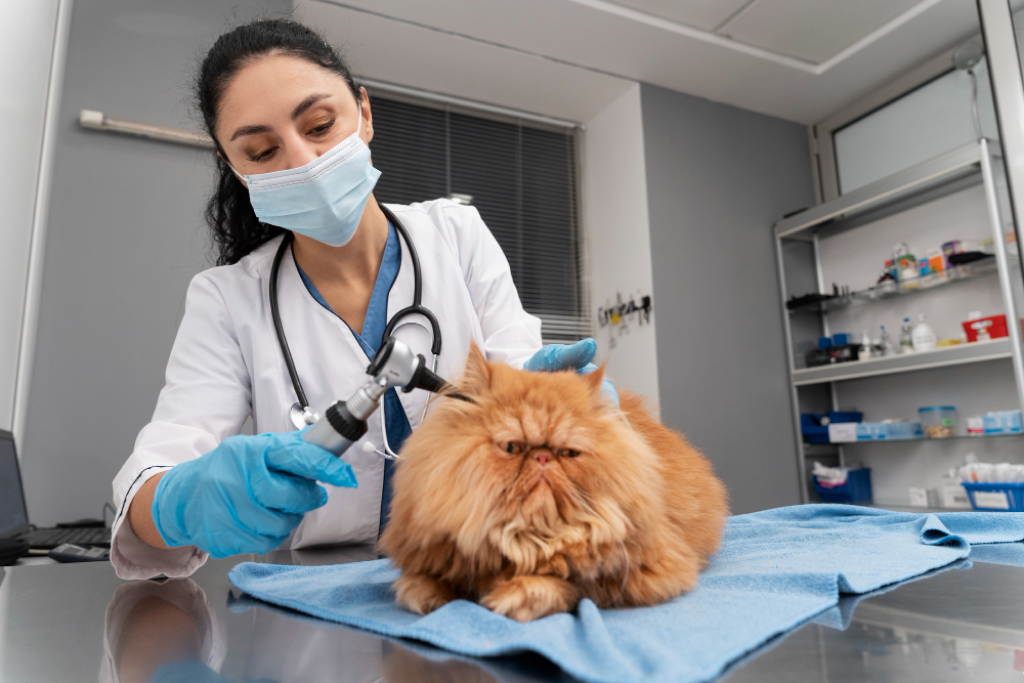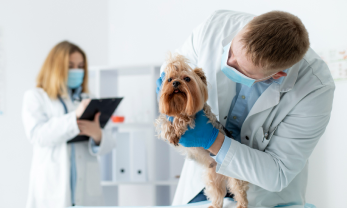If your dog suffers from noise phobias as a result of fireworks you might want to take some steps to help them cope with the problem. Although there is no guarantee that noise phobia can be fully treated, this advice from your Cheshire vets team might come in handy.
Are all dogs affected?
Previous studies in the past have shown that although many dogs are generally scared of loud noises such as fireworks, some dogs are affected more than others. In some instances, a noise phobia can be traced to a particular bad experience of a loud noise, but this is not always the case.
What are the signs of noise phobias?
Each animal will behave differently when they suffer from a noise phobia, but they will usually seem generally stressed. Individual symptoms include: –
- Cowering or Hiding
- Defecating and urinating
- Panting and Pacing
- Drooling
- Trembling or shaking
- Refusing to eat
- Barking
You should also take care to ensure that you block any access to outside doors as dogs may try to escape and run away.
How can noise phobias be treated or managed?
When it comes to managing noise phobia it’s important that you are prepared ahead of bonfire night, but even then it’s difficult to guarantee that it will be completely eradicated. The effectiveness of any treatment will depend on a number of factors including the severity of the phobia.
Reinforcement
It is important if your dog is afraid of fireworks you do NOT excessively pet your animal; doing so will reinforce the idea in their head that there is something to be worried about. However, it is important that you keep them company as your presence will comfort them even if they hide.
Medications from your Cheshire vets
If your dog has been scared of loud noises for many bonfire nights then you should book an appointment with us and we will offer advice and medication to calm your dog. It’s important that you ensure you arrange an appointment now to be most prepared.
Create a safe zone or retreat
Offering your dog the opportunity to escape to a small confined space or ‘den’ is often soothing. Storage cupboards or an open travel crate make them feel safe. Cover the top and 3 sides of a crate, table or cupboard near the centre of the home or where they’ve previously hidden. If they have a comforting blanket or jumper that smells familiar, then this should also be made available to them to help them relax.
Block or muffle out the noise
Ensuring all windows and curtains are closed will help muffle outside noise and ensuring that the TV is turned up loud or the radio is on will help block out the noise. You may also which to place cotton wool in your dog’s ears which can help.
Use calming products on the market
Pheromone products such as Adaptil collars or Adaptil diffusers have great evidence behind them demonstrating their effectiveness. The natural chemical signals of these pheromones calm the dog when they are showing signs of stress. They’re also useful in other anxieties such as travel or being left at home alone.
Nutracalm is a fantastic supplement that contains several natural calming compunds such as GABA, L-theonine and L-tryptophan which all work to lower anxiety levels and allow your dog to feel comfortable when fireworks are exploding all around.
Thunder shirts are a great addition in stressed dogs and can have a real calming effect when used in addition to the techniques mentioned above.
Finally, in some dogs all these measures are sometimes just not enough so a trip to Knutsford vets may be required. We have a range of pharmaceutical options that can be used alongside behavioural modification to calm and de-stress your dog. Just give us a call on 01565 337999.
